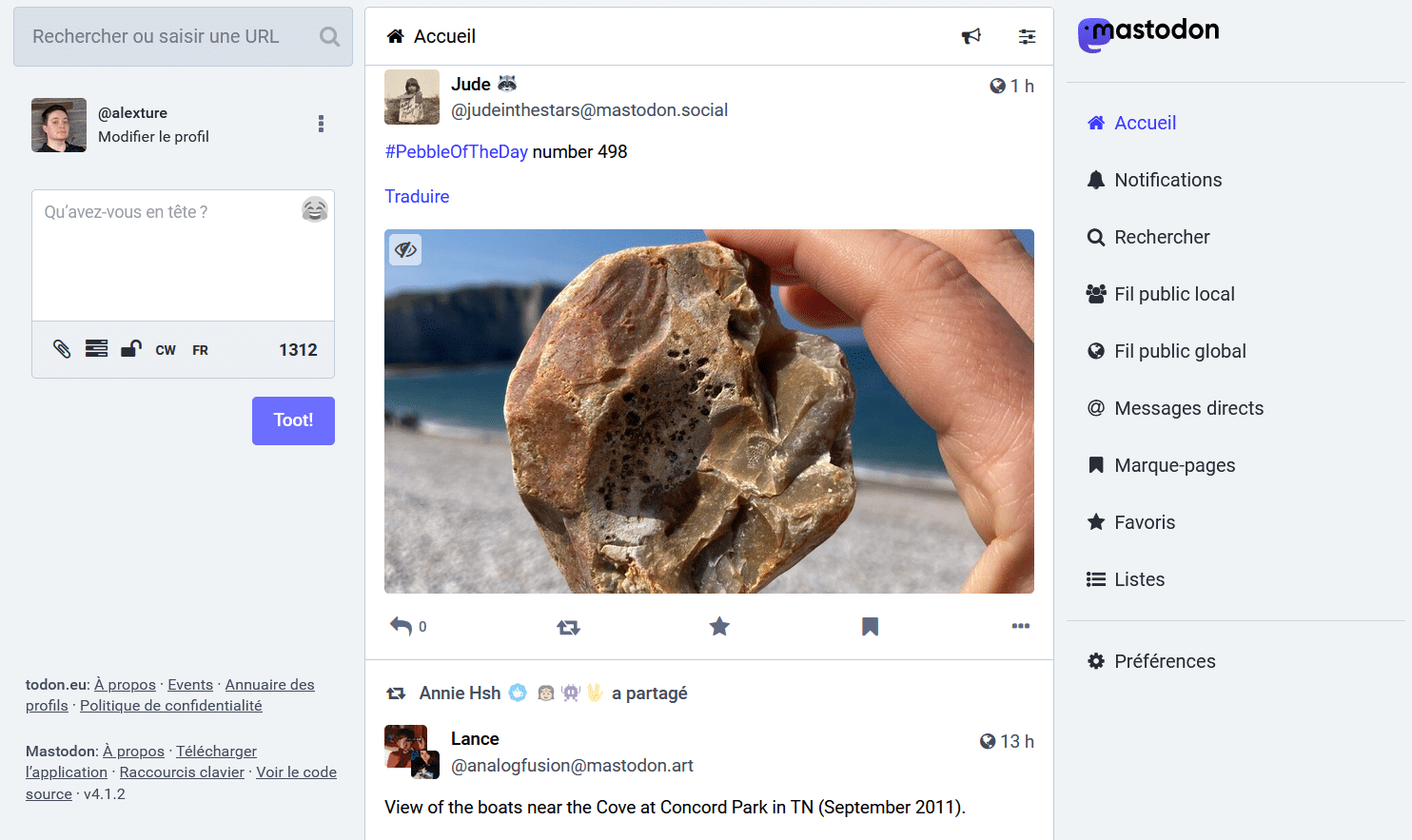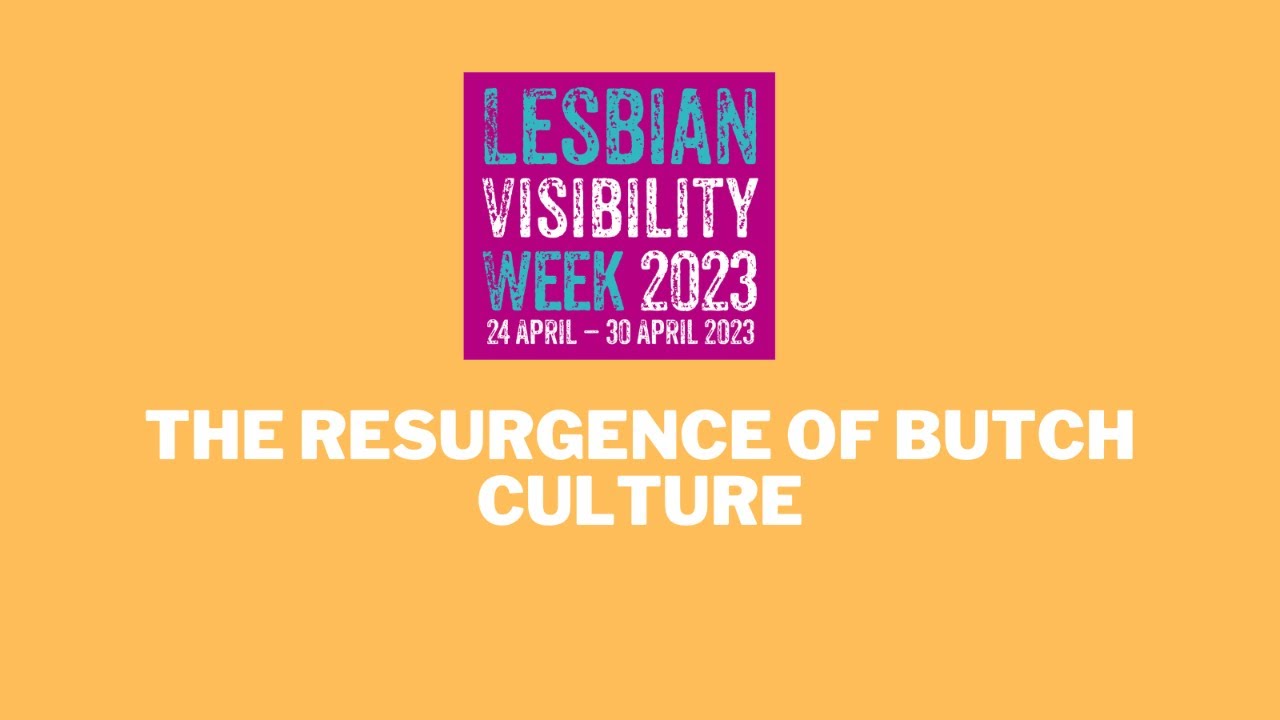alex [they/them]
- 46 Posts
- 232 Comments


LW date d’après la migration de Reddit, ça a grandi très vite. Avant ça, Beehaw était la deuxième plus grosse instance Lemmy (après lemmy.ml) donc c’était pas rien de defederer, mais c’est vrai que le paysage a changé très vite ! Je sais pas si d’autres instances l’ont bloqué, c’est vrai :)
That sounds like pretty great care! I’d recommend using a conditioner that’s made for coloured hair, otherwise I think you’re good to go! (And don’t shampoo it too often, twice a week should be enough for most people - bleach dries up the hair and so does shampoo, and dry hair means dandruff & greasy hair!)
The photo looks amazing! If you’re ready for the maintenance and the labour market lets you do it, then do it!


Merci ! J’ai commencé la lecture et ça commençait à spoiler sauvage alors je me le mets de côté pour quand j’aurai vu le film 😊


Y’a pas mal d’instances qui defederent de Lemmy.world à cause de la modération insuffisante. Et puis un bon moyen d’avoir plus de monde ici ça peut être de ne pas leur dire d’aller ailleurs ! :)


Some personal blogs that I like (mine included), all of them are indie and as far as I know they all are maintained by a single person (so they don’t post several times a day!):


Two websites that I use quite a lot to find cool personal blogs/RSS feeds:
- Ye olde blogroll is a hand-curated list of interesting personal blogs in English
- The IndieWeb webring is a webring where people with indie blogs (ie. no substacks, no big websites, etc.) can sign up to get more visibility, it’s a real treasure trove


I’m on Android so no iMessage. Regular testing is ok enough but I like managing my messages from my desktop, which SMS doesn’t do well even with bridge apps.


I just strongly dislike the Telegram UI. WhatsApp’s interface I find very slightly better on mobile and much better on desktop.


I’ve managed to get my family from Messenger to WhatsApp. I won’t be able to do more but it’s (just marginally) less terrible.


Signal >>>>>>>> WhatsApp > texting > Telegram >>>>>>> Messenger.


I read them around that age and loved them. And I’ll second @LoganNineFingers@lemmy.ca: make them read Percy Jackson!
I also really like the Akata trilogy (Akata Witch is the first tome).


They have a much bigger catalogue outside of English, I believe


mina le’s videos are always so good!

Ça a l’air super cool, merci beaucoup !

Pour l’instant je suis :
- Owi Owi Fouette-moi mais j’ai encore testé aucune de ses recettes, elles ont juste l’air très bonnes
- Les comptes Mastodon de deux-trois potes qui partagent leurs recettes perso de temps en temps
Et sinon je cherche sur 750g (en général) quand je sais ce que je veux faire, mais sinon j’ai rien.


Music: I have a few CDs that are in need of a CD player and also have Jellyfin (no server, only local) to listen to my downloaded music on my TV (which mostly comes from Bandcamp). For my phone, I have the Bandcamp app, it’s basic but it does what I need from it.
Podcasts: via Podcast Addict on my phone (unfortunately no browser version, but that’s gotten less important with the years as I spend less time on my computer and the time I do spend requires enough focus that I don’t listen to podcasts), during sports sessions (podcast for warmup & cooldown, audiobook for the session itself), commutes, walking, cleaning & cooking.


You should post here: !lemmy_support@lemmy.ml
This is not a technical support community.
(but also i’ve had the same issue since the last lemmy update, i suppose a bug made its way in there.)

























Je trouve ça très malin, bravo :) J’ai une seule inquiétude :
Ça ne se fera pas par magie, et il faut que jlai.lu ait un vrai avantage sur LW. On l’a vu avec piaille vs mastodon.social, il ne suffit pas d’être une instance francophone pour attirer tous les nouveaux qui se foutent du concept d’instance.
Cela dit, j’ai jamais aimé le concept de ne pas disperser les interactions, je trouve que c’est justement l’intérêt de Lemmy qu’on puisse avoir des commus qui parlent de la même chose, mais pas de la même façon (par exemple memes sur lemmy.ml et memes sur slrpnk.net n’ont rien à voir !). Donc ça me gène pas du tout qu’il y ait du doublon, mais va falloir l’accepter (et proposer une expérience objectivement meilleure).
Et enfin : pour passer sur jlai.lu, je voulais attendre la création de la fonctionnalité de migration de comptes mais j’ai pas l’impression que ça avance alors je vais peut-être céder plus vite et juste créer un nouveau compte 😊